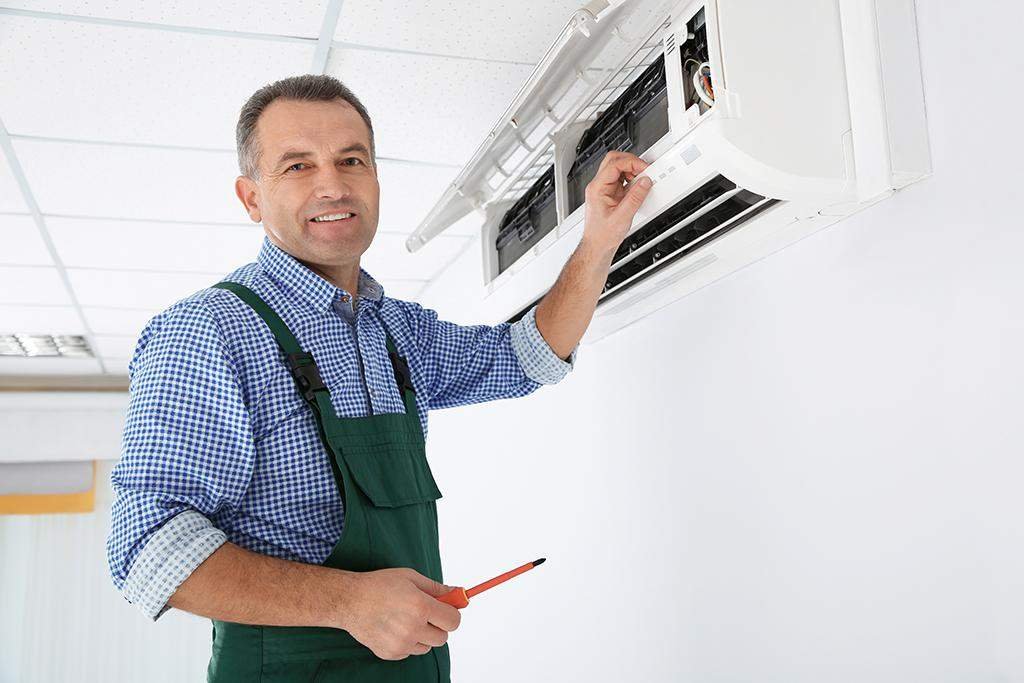As homeowners gradually seek more sustainable and cost-effective solutions for their heating and cooling needs, geothermal HVAC systems have emerged as a compelling option. Such innovative systems harness the earth's natural energy to provide simultaneous heating and cooling, offering a unique alternative to conventional HVAC setups. But are they worth the investment?
In this article, we will explore the fundamentals of geothermal HVAC systems, analyzing how they function and comparing their advantages and disadvantages. We will also discuss key considerations for homeowners contemplating this technology, alongside practical tips for maximizing energy efficiency and indoor comfort. If you are new to HVAC concepts or seeking upgrade your existing system, this guide will provide valuable insights into the benefits of geothermal energy in your home.
Comprehending HVAC Fundamentals
Heating, Ventilation, and Air Conditioning stands for heating, ventilation, and air conditioning, which is a system created to provide thermal comfort and acceptable quality of air indoors in residential and business establishments. Knowing this system is essential for property owners and property managers alike, since it consists of various components working together to control the environment within a location. The heating component aspect typically includes heating units or heat-transfer systems, while cooling is provided by air conditioning systems. Ventilation is key for making sure that fresh air circulates, which can also help in controlling humidity levels and enhancing the quality of air indoors.
Every component of an HVAC system plays a distinct function in keeping a comfortable atmosphere. The heating elements mechanisms, be it gas, electricity, or geothermal energy, heat the space during colder seasons. Cooling systems cool the space in the summer months, often utilizing refrigerants to take in heat indoors. Proper ventilation setups are vital for eliminating pollutants and ensuring a consistent flow of air, which contributes to a more beneficial home. Knowing how these elements work together can assist users diagnose issues and appreciate their importance.
To maximize HVAC systems, knowledge of their operation and upkeep is necessary. Regular upkeep activities, such as changing filters and scheduling regular check-ups, can prevent frequent issues and extend the system's lifespan. Homeowners should also be aware of energy efficiency standards and the potential benefits of upgrading to smarter systems, which can lead to significant savings on utility costs. Familiarity of HVAC basics not only improves convenience but also fosters a forward-thinking approach to managing one's home.
HVAC Maintenance Essentials
Regular maintenance is crucial for ensuring your HVAC system functioning efficiently and extending its lifespan. A serviced system not only offers maximum heating and cooling but also lowers the risk of sudden breakdowns. Start with routine inspections to identify any wear and tear. Replace or clean air filters every 1-3 months, depending on usage and filter type. New filters improve airflow and indoor air quality, which can help in reducing allergies and health issues.
In parallel to regular filter maintenance, ensure that the outdoor unit is free of debris and vegetation. This allows for adequate airflow and avoids overheating. Arranging seasonal tune-ups with a trained technician can also spot potential problems that might lead to significant repair costs down the line. During air conditioning repair , technicians typically examine refrigerant levels, clean evaporator and condenser coils, and ensure that all electrical components are operating properly.
Lastly, be sure to monitor your system's performance throughout the season. Keep an eye on strange noises or variations in efficiency, and resolve any issues promptly. This proactive approach ensures not only the longevity of your HVAC system but also helps ensure a comfortable indoor environment while possibly lowering your energy bills.
Exploring Geothermal Choices

Geo-thermal HVAC systems utilize the stable temperatures located below the Earth's surface to provide effective heating and cooling for residences and business facilities. By employing a network of subsurface pipes, these systems swap heat with the ground, considerably reducing the energy necessary for interior climate control. This alternative energy source merely supports eco-friendliness but also offers ongoing cost savings on energy bills, turning it an appealing alternative for eco minded consumers.
One of the primary pros of geo-thermal systems is their efficiency. Compared to traditional warming and chilling methods, geo-thermal systems can be up to four times more effective, as they move heat rather than create it. This effectiveness translates to lower utility costs and a minimized carbon footprint, which is appealing in an era of rising energy prices and heightened awareness of climate change. Additionally, geo-thermal systems usually require not as much maintenance than conventional HVAC units, contributing to their long-term reliability and performance.
However, the initial investment for geo-thermal HVAC systems can be substantial, due to the costs associated with setup and the necessary ground loops. Homeowners must weigh the upfront expense against possible energy savings and government incentives for renewable energy systems. Over time, the financial return can turn geothermal systems beneficial, particularly for those intending to stay in their houses for many years. As technology improves and costs gradually decline, geo-thermal HVAC options will likely become even more practical for a wider group.
